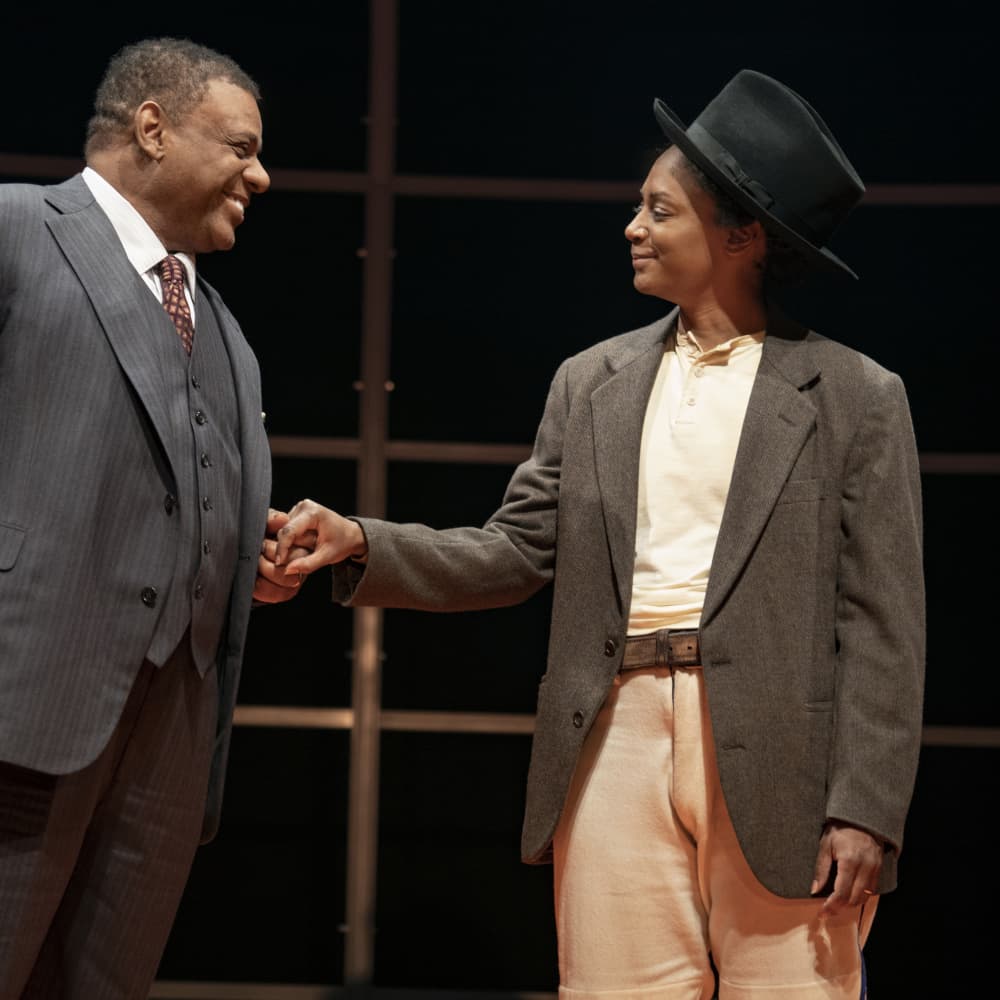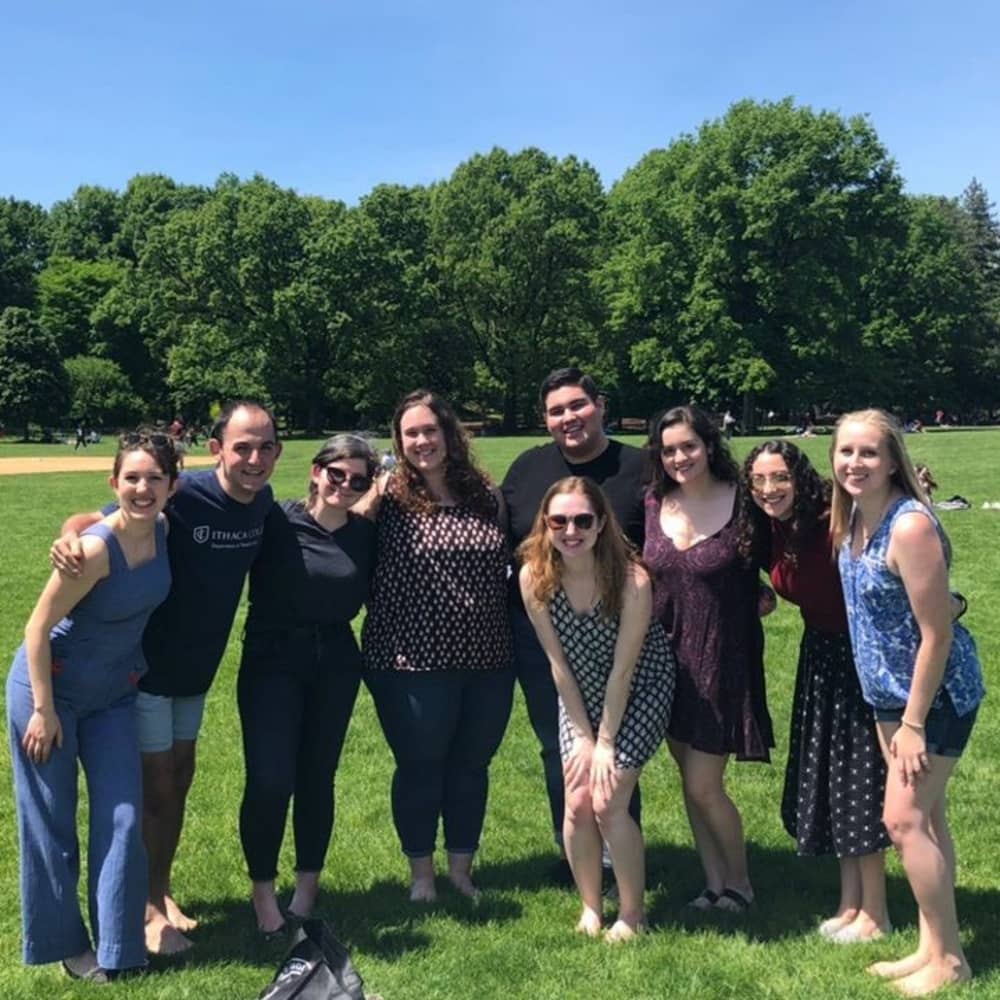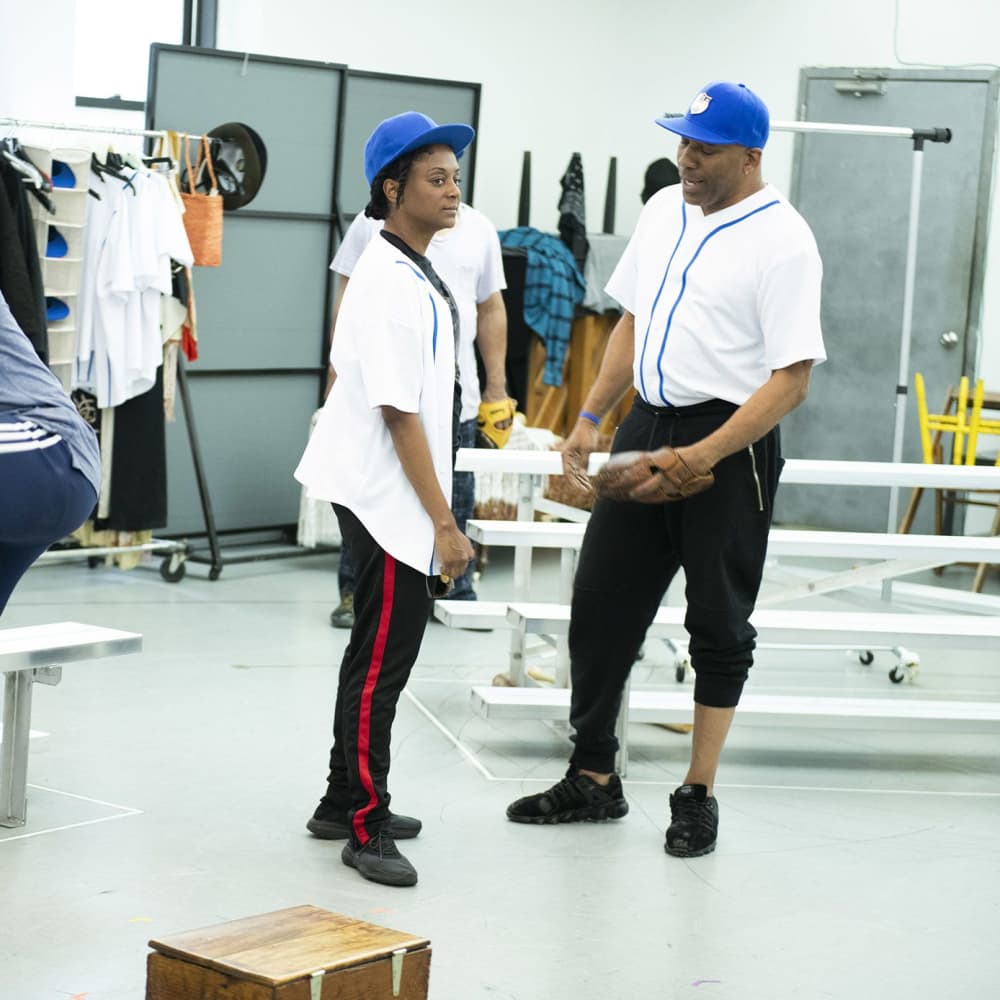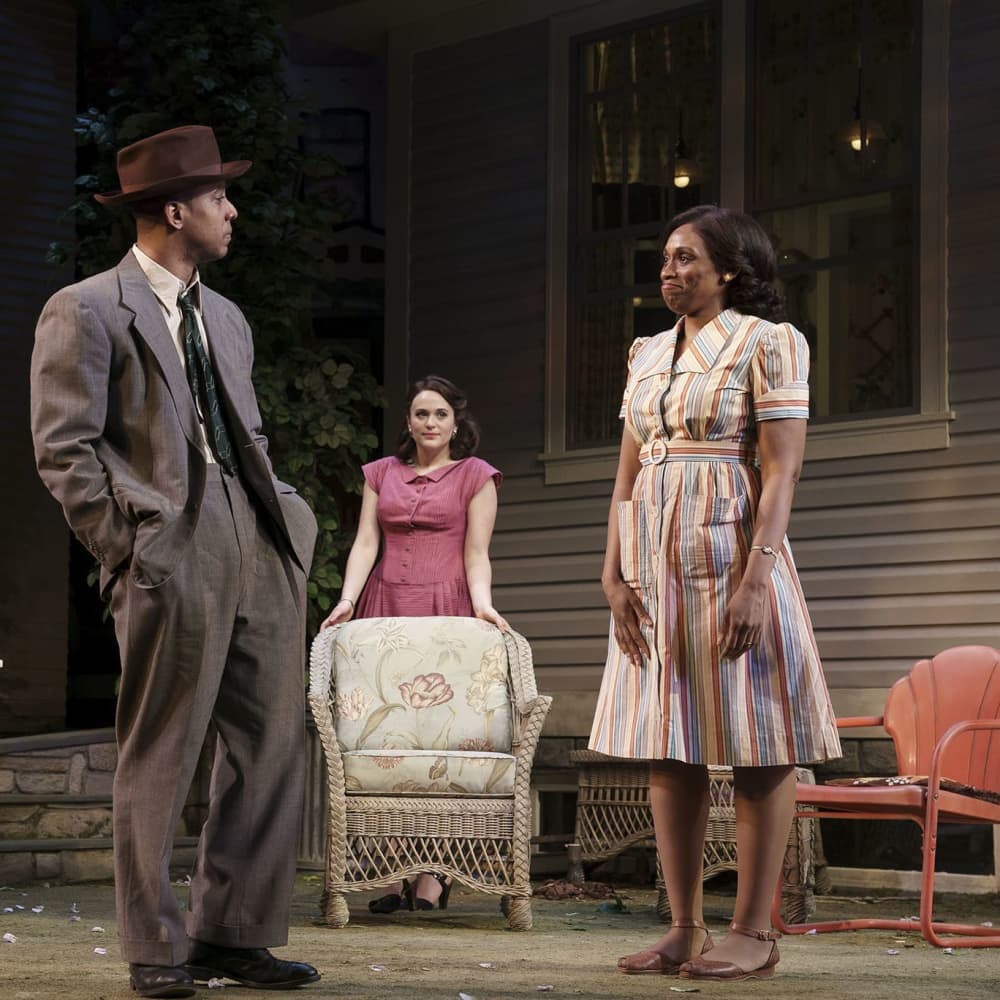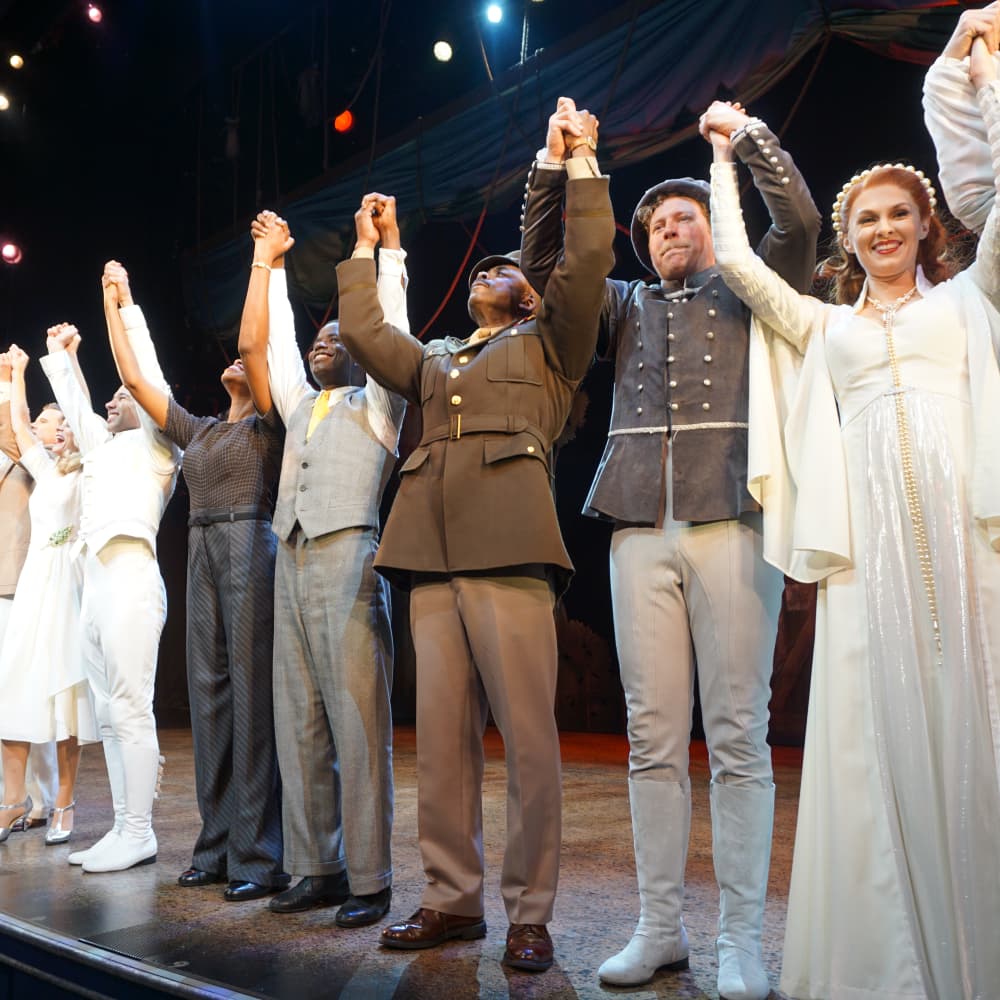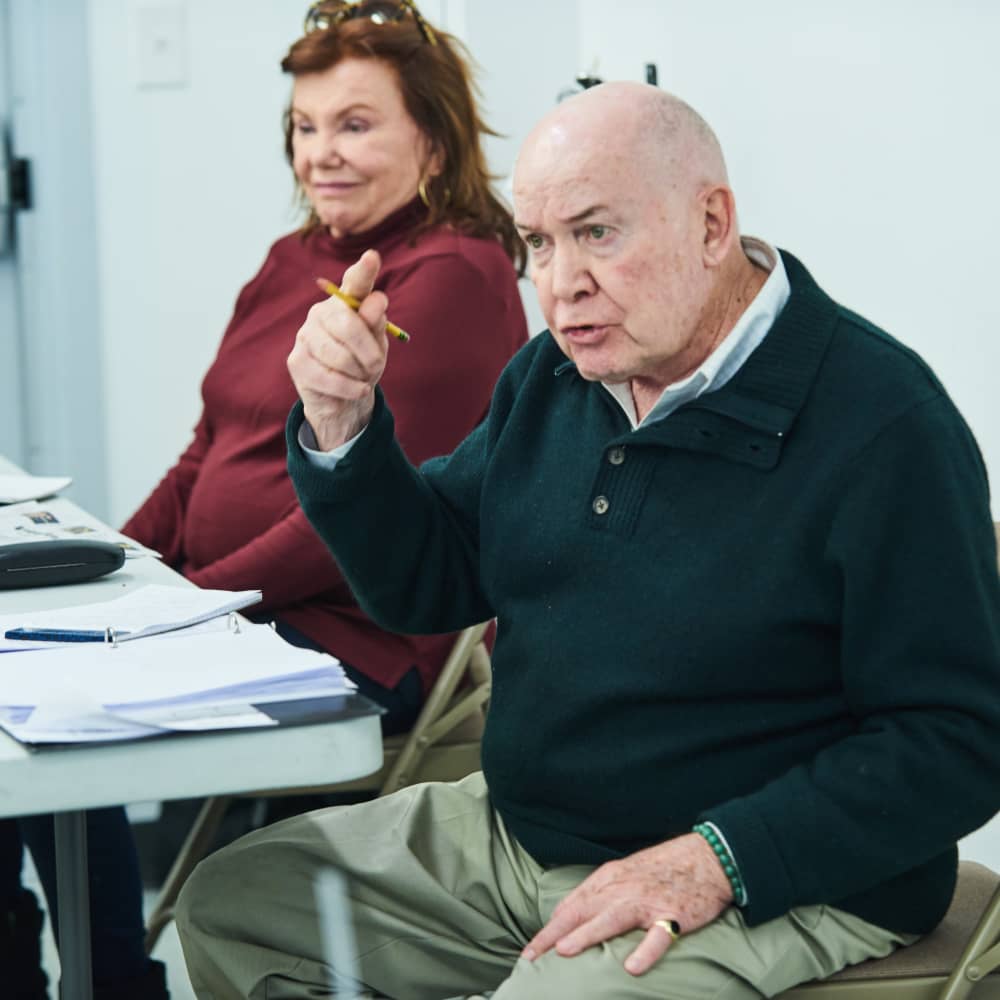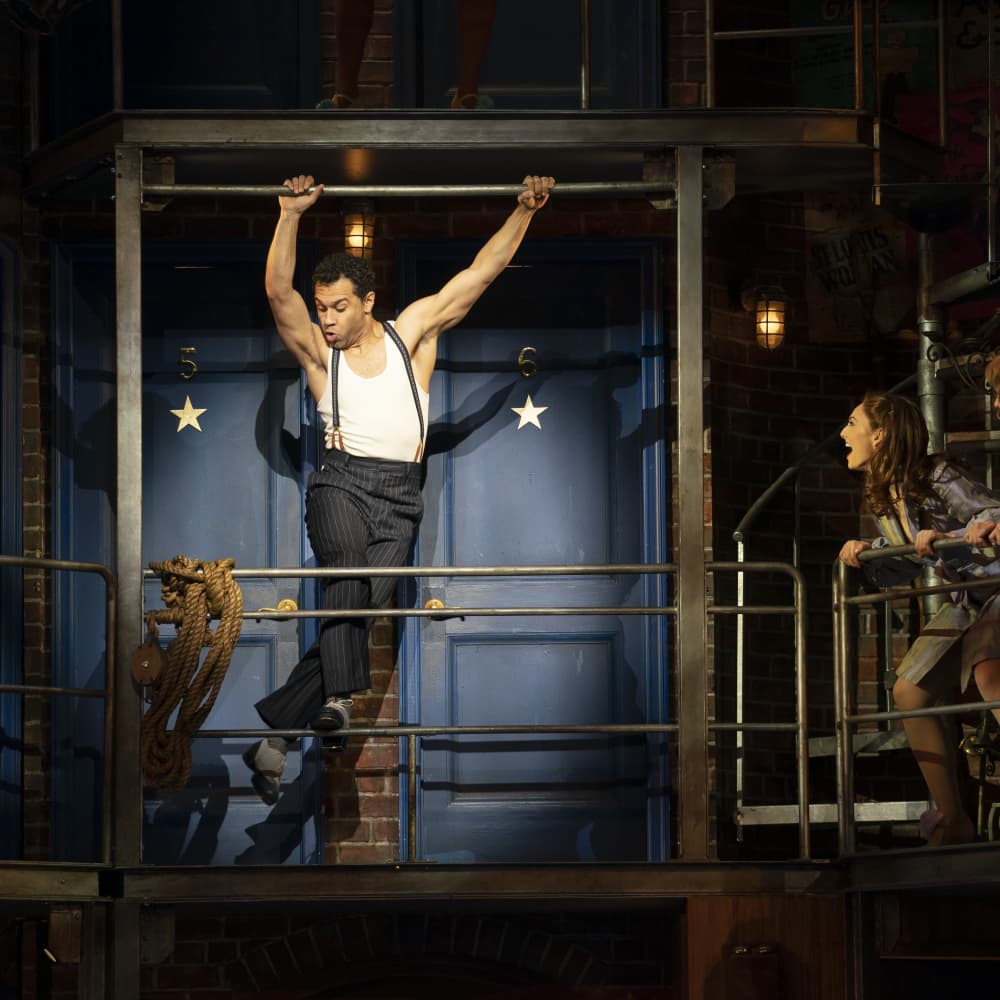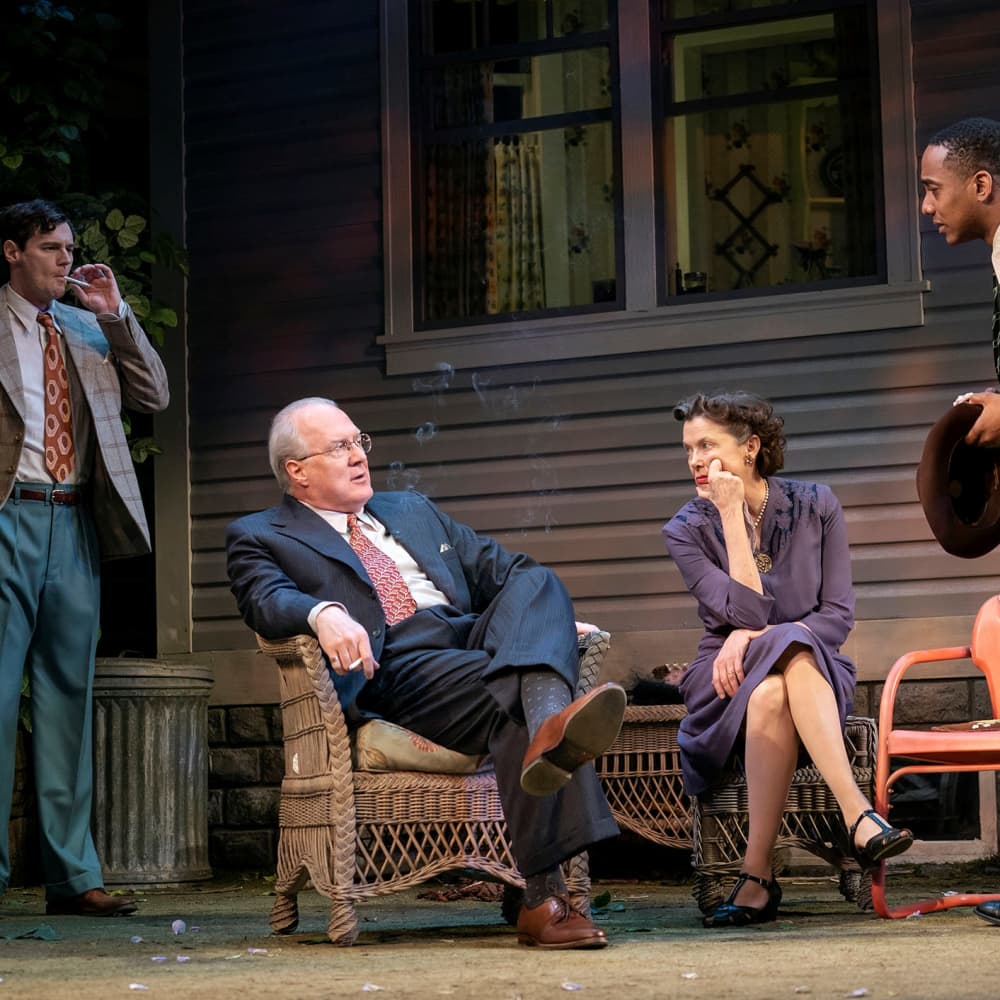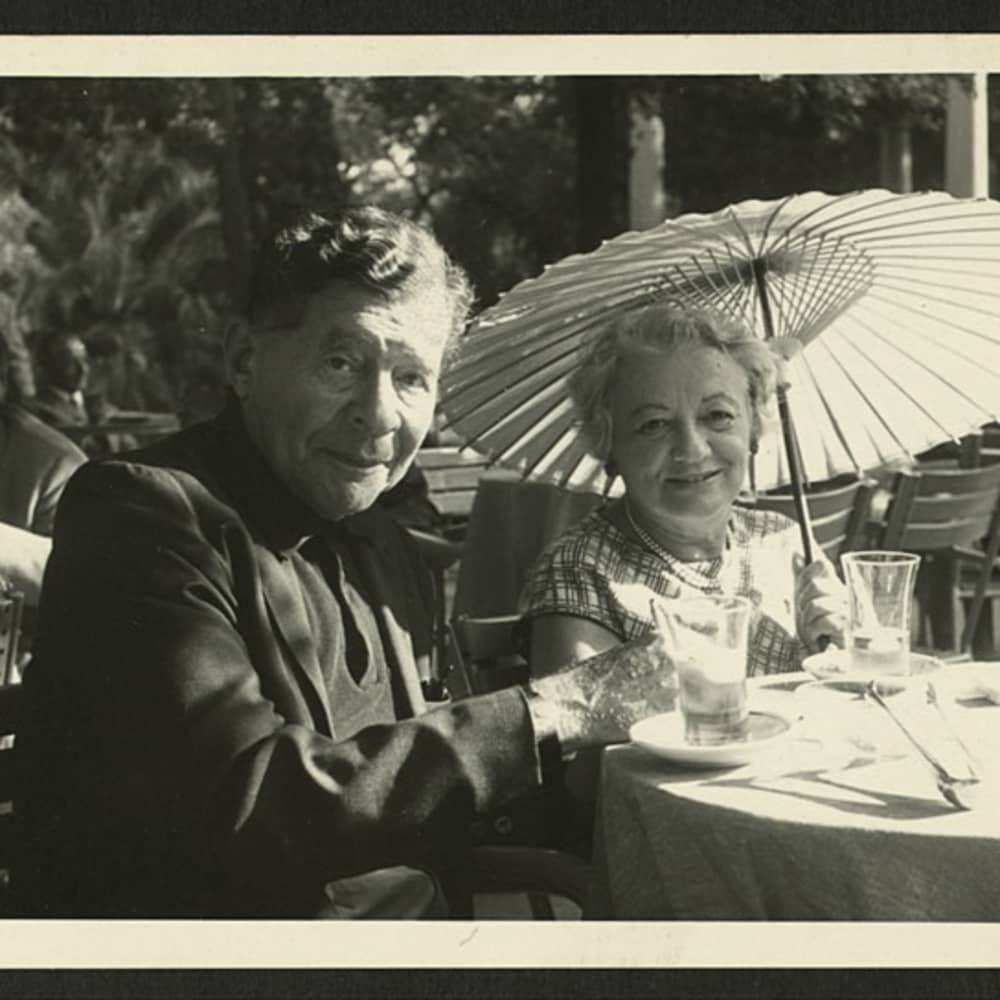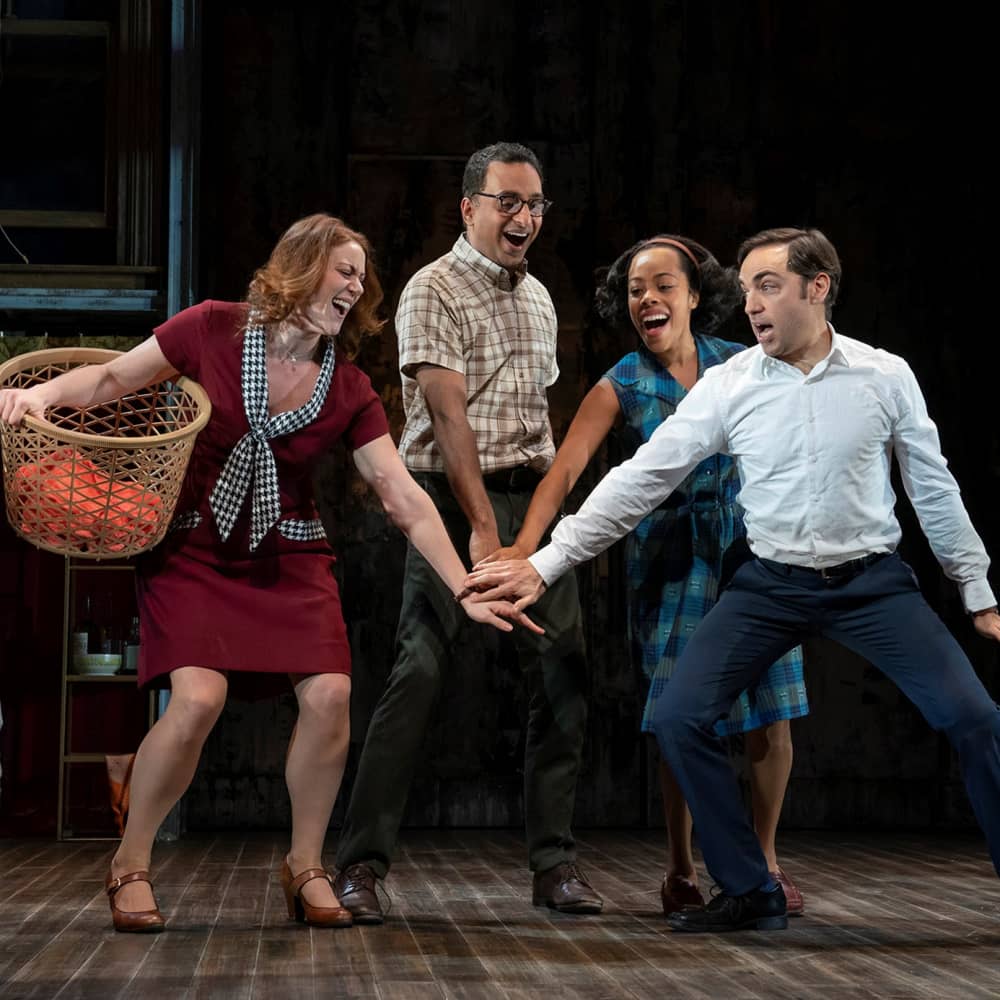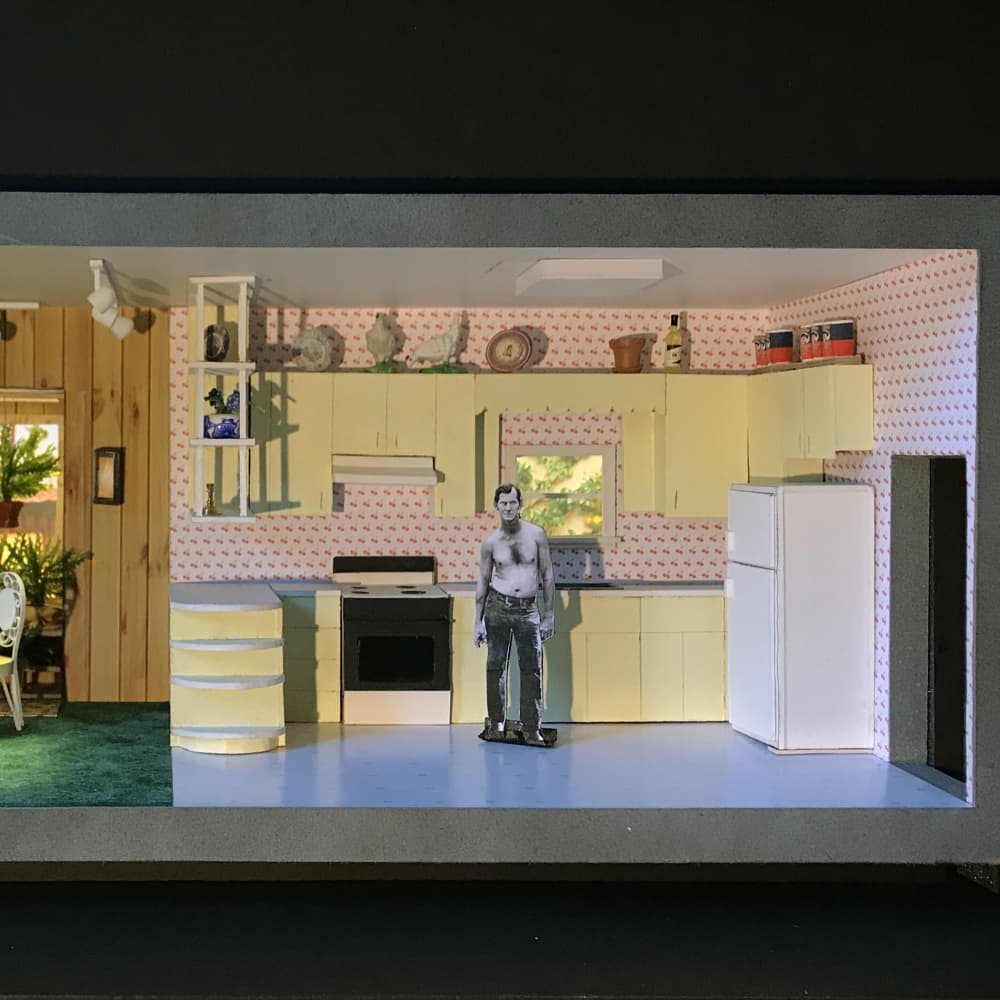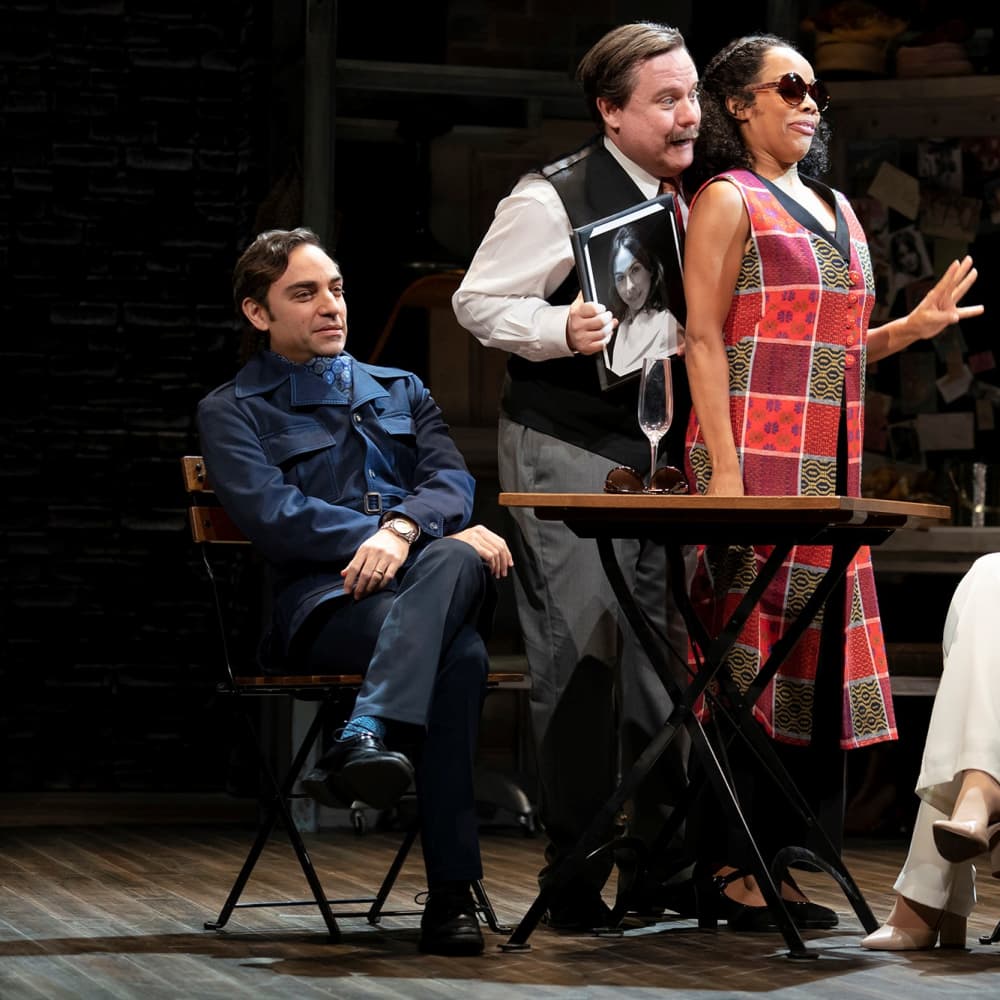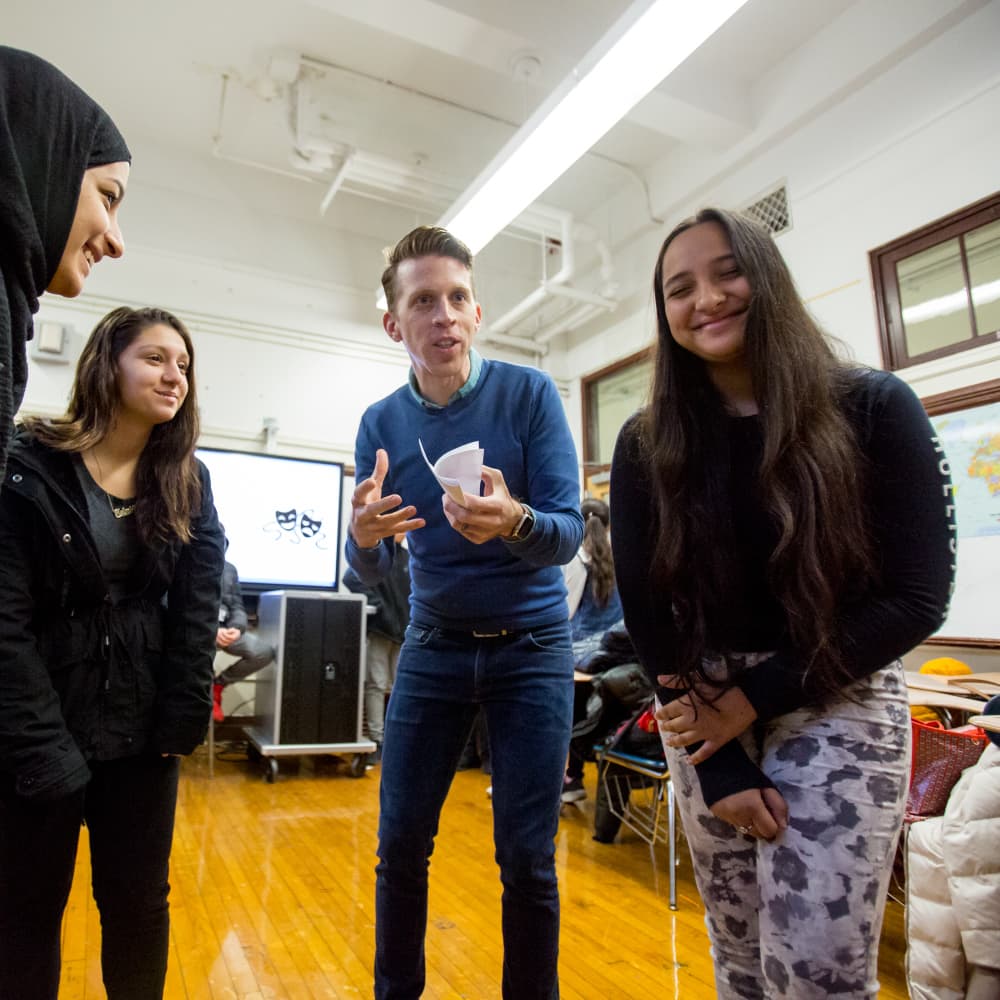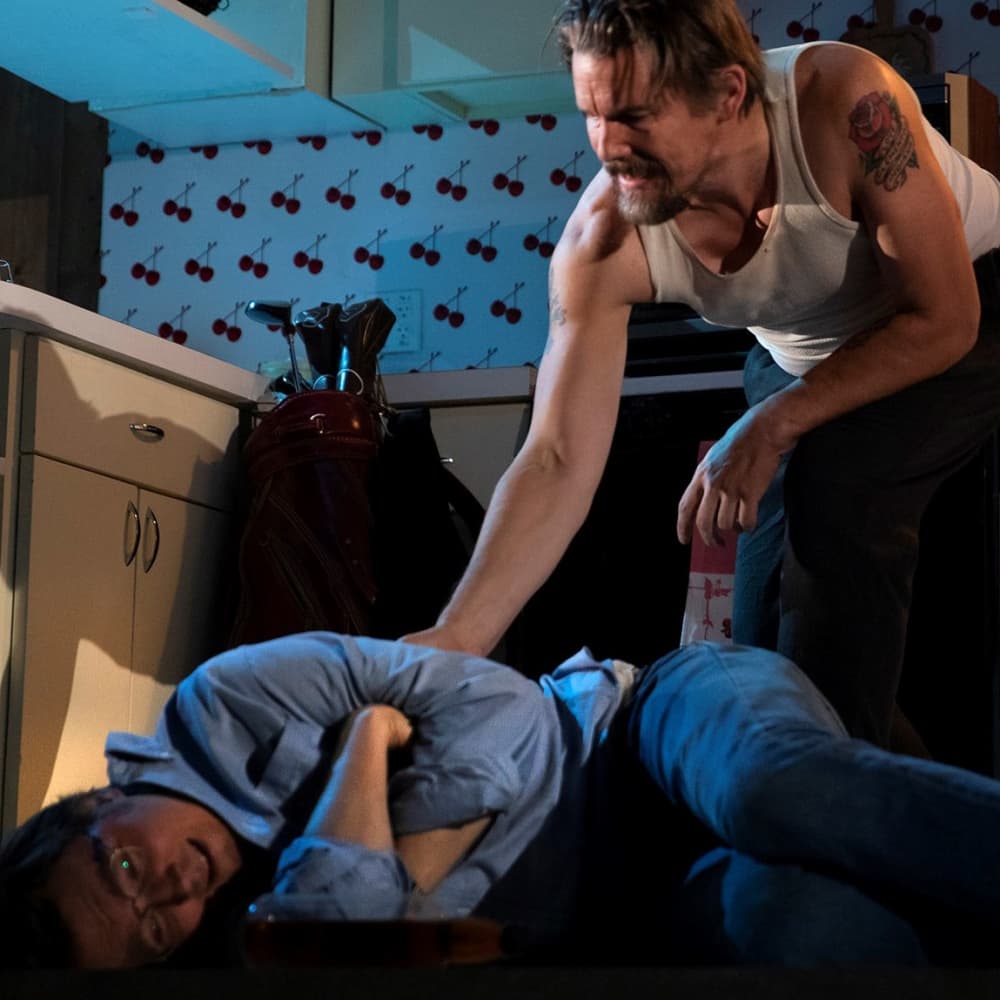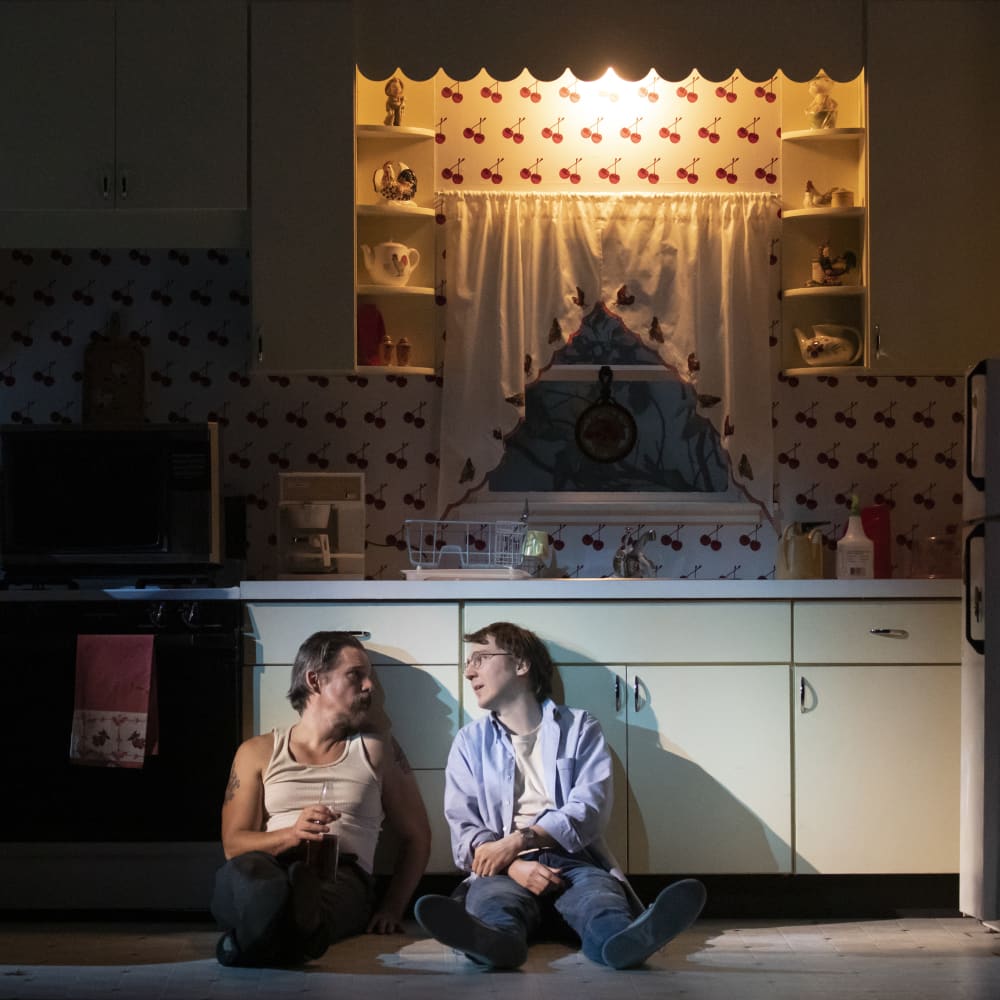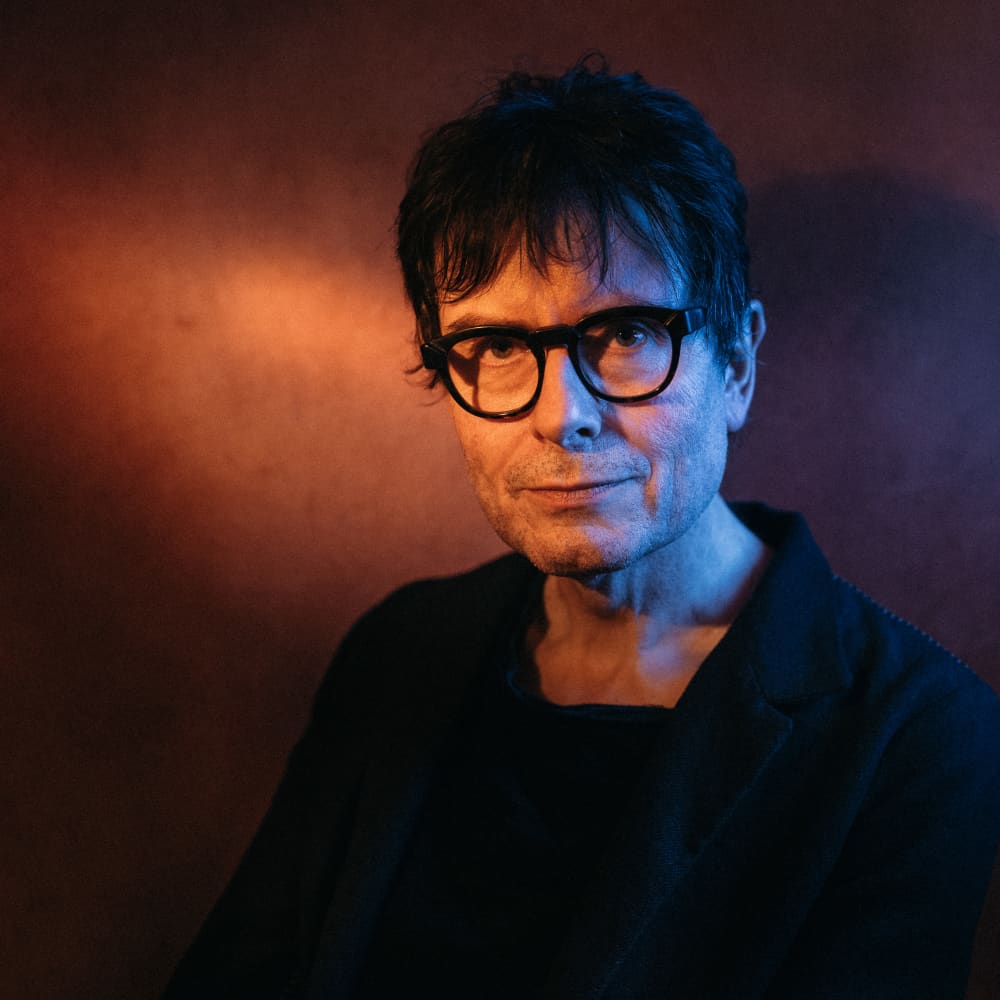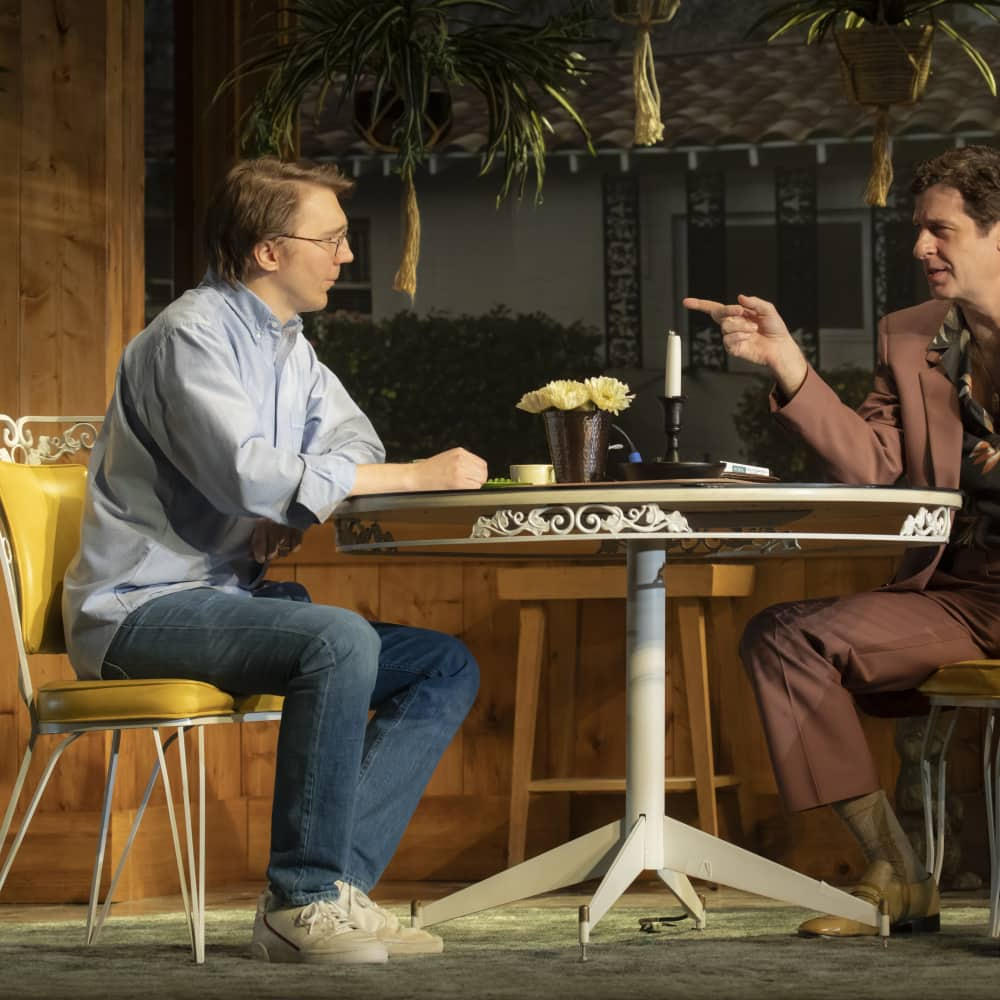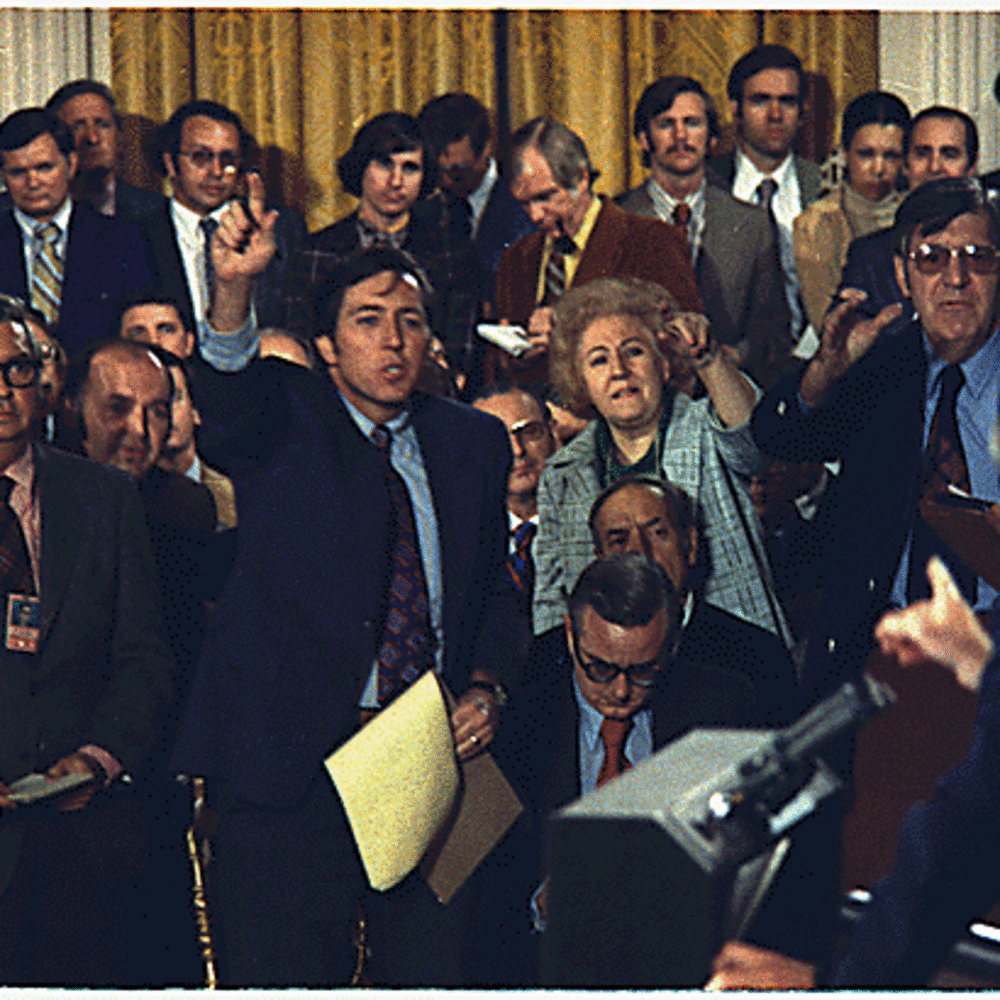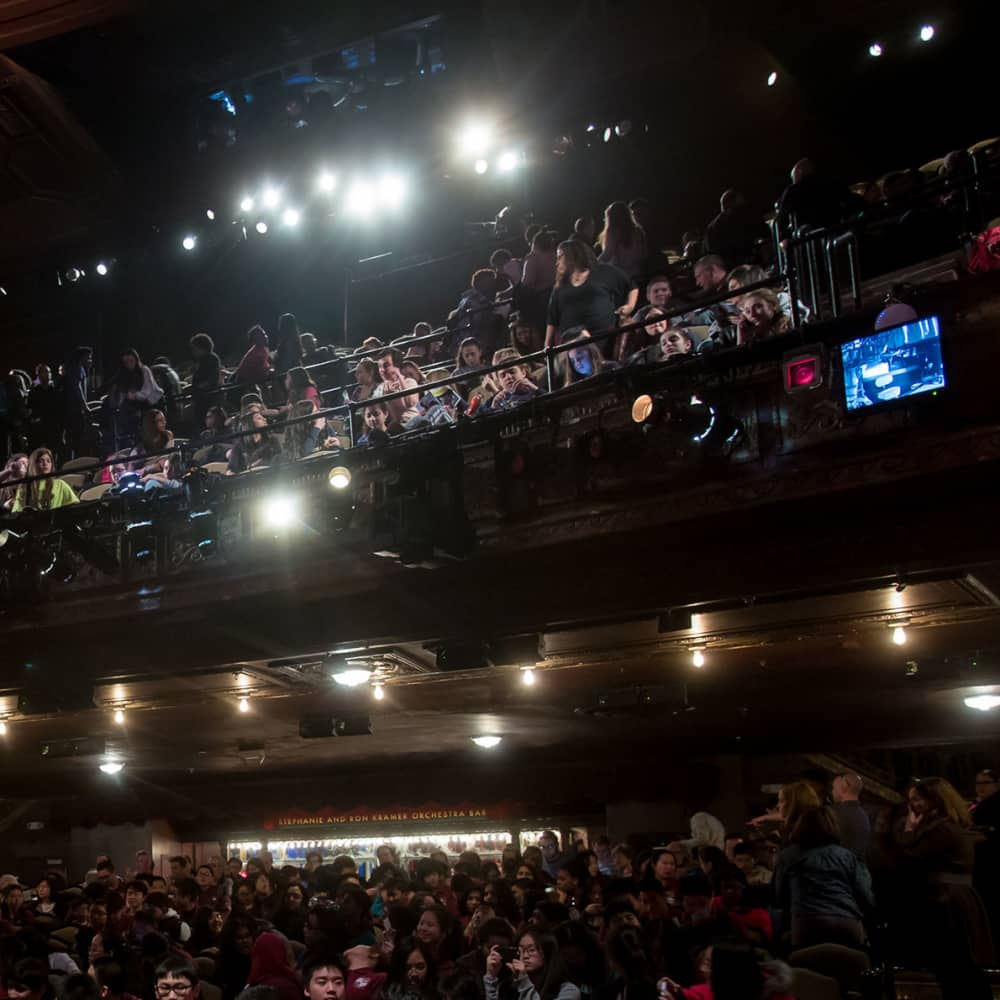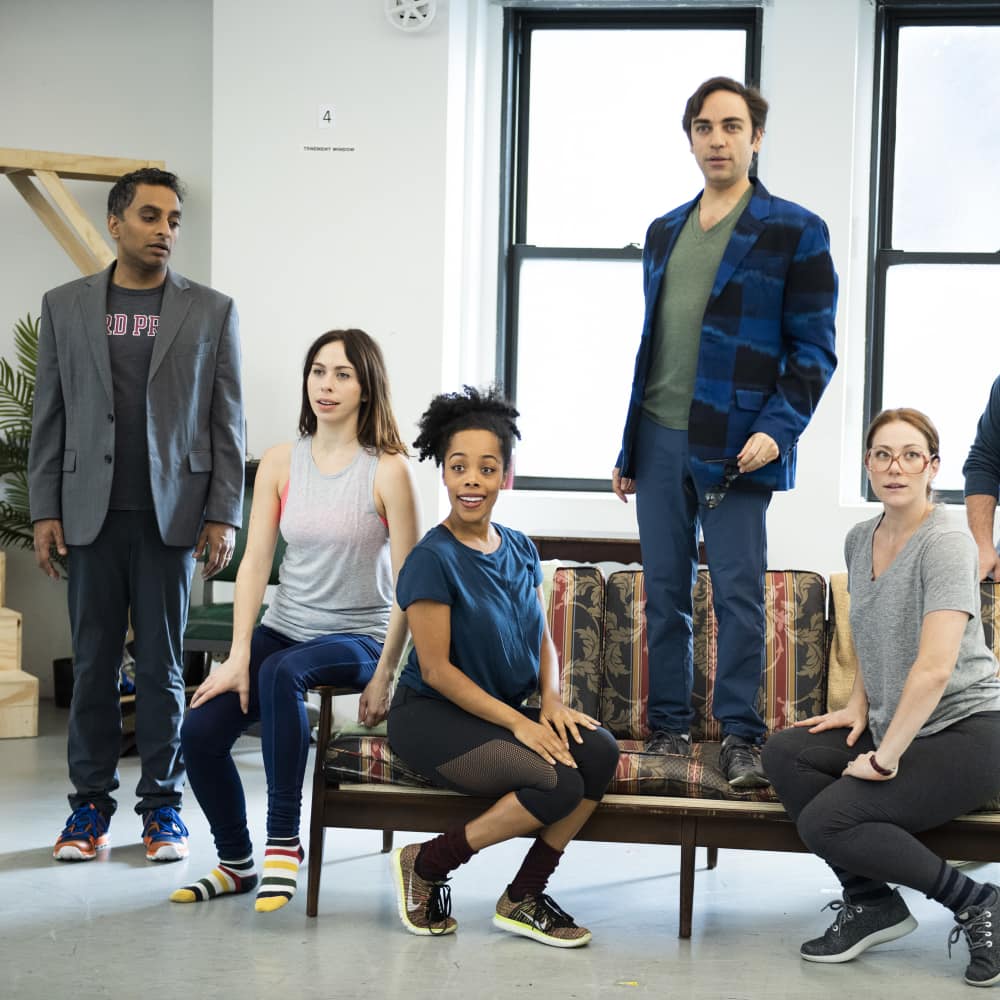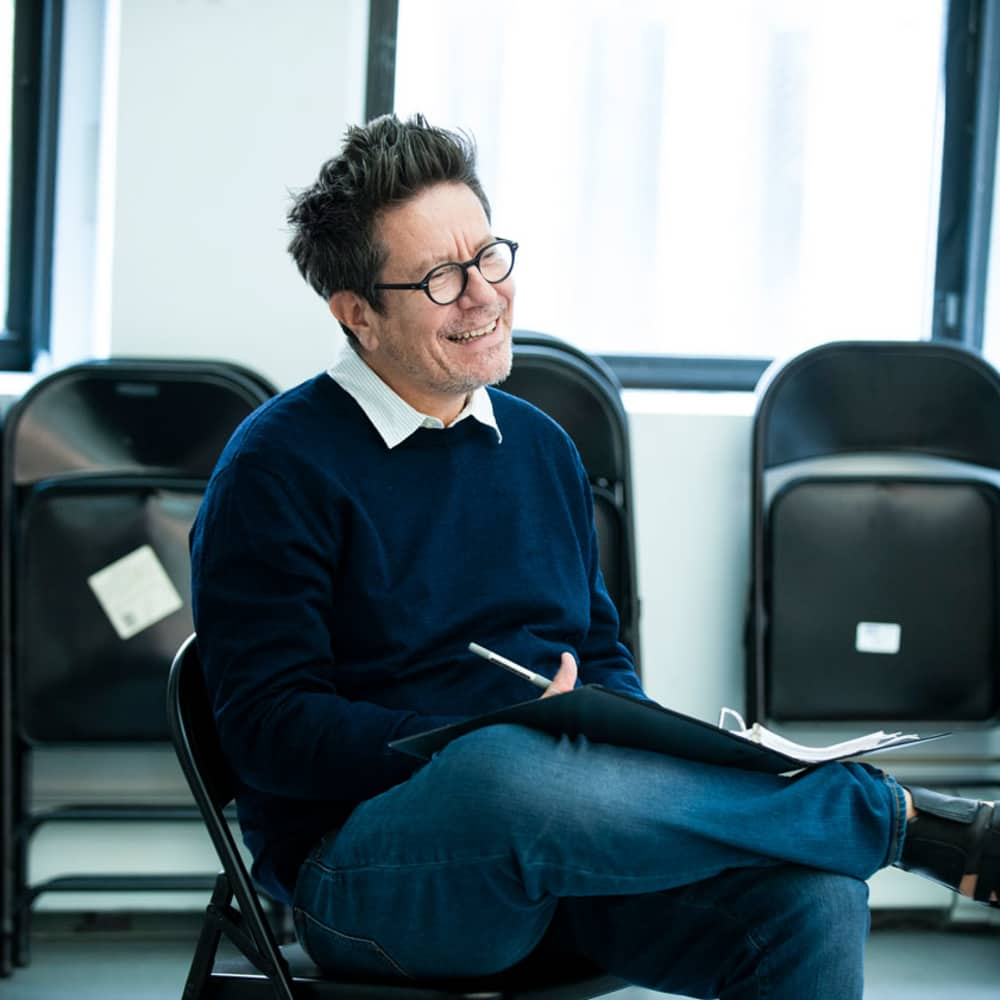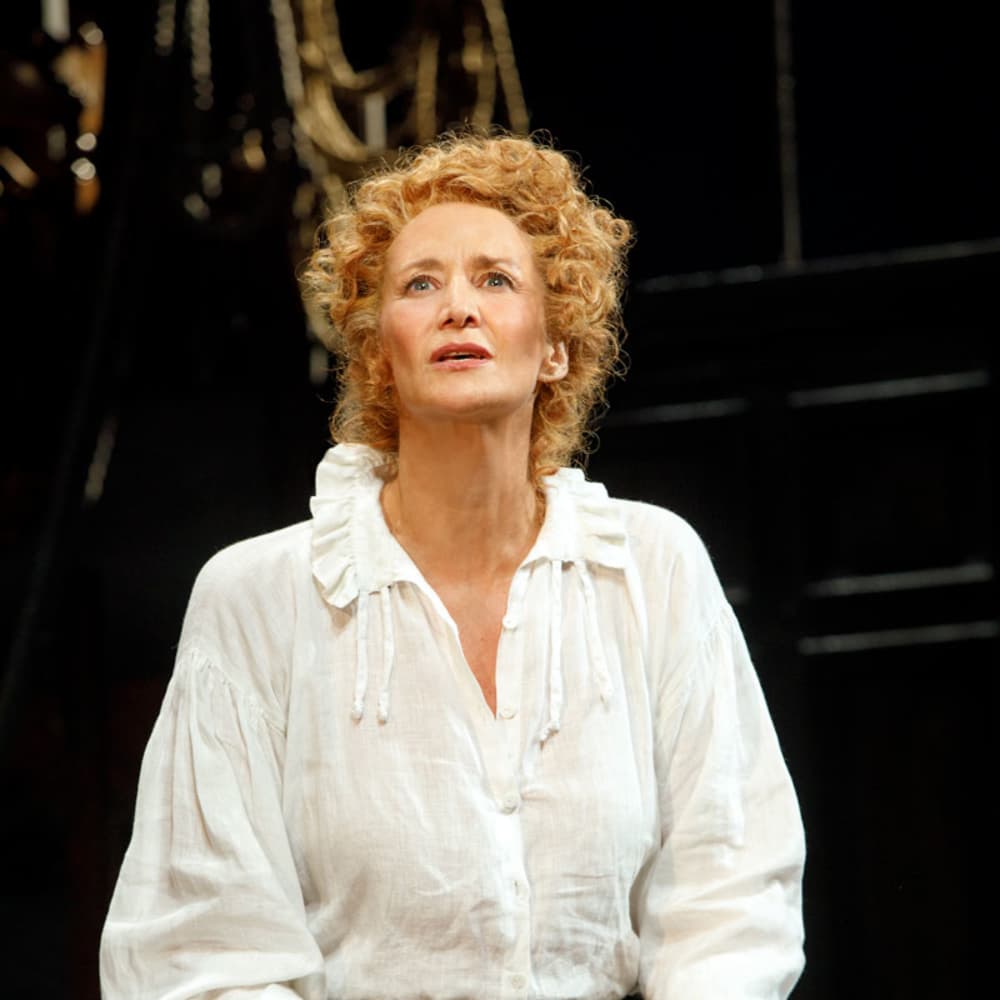Something Clean:
Interview with Margot Bordelon
Posted on: May 29, 2019
Education Dramaturg Ted Sod spoke with director Margot Bordelon about her work on Something Clean.
Ted Sod: Why did you choose to direct Something Clean? What would you say the play is about? It seems very topical, yet it focuses on the psychological aftermath of a very specific event. How important are current events to you when directing a play that may be seen as a response to those events?
Margot Bordelon: I felt instantly compelled by Charlotte’s journey when I first read the piece. Her confusion, her despair, her overwhelming sense of guilt and responsibility. I imagine how my own mother would feel if one of my brothers or I committed a terrible crime. She would never stop loving us, and I suspect she would take it on to herself. As a parent, how do you negotiate between your love for your child and your anger and guilt over what they’ve done? Some of the potent questions this play asks are how do you move forward after the unthinkable has occurred? Is it possible to atone for someone else’s crime?
One of the reasons I love directing new plays is because I want the work I create to be in immediate conversation with what we’re currently experiencing socially and politically. Not to say that revivals can’t do that, because of course they can, but right now I’m finding it very fulfilling to be working on stories written by women, writers of color, queer artists—voices that have historically been marginalized. I want to work on narratives that promote inclusivity and equality—which, to me, feels like an act of resistance against our current administration.
TS: How are you collaborating with Selina on her play? Do you expect there to be any major rewriting during the rehearsal and preview periods? How involved are you in the rewriting process on a new work?
MB: Normally I’m very involved in the rewriting process with a playwright—I love to get into the trenches with writers—but from my vantage point, Selina has written an incredibly well-made play. She’s done a little bit of rewriting through the reading and workshop process, but my guess is that the play won’t undergo any extensive overhauls over the course of the rehearsal period. We will certainly find moments that can be shaped for clarity, or modified for staging, but I don’t foresee massive changes. (Though one should never speak too soon!)
TS: How do you understand the relationship between Charlotte and Doug at this point in the process? Their marriage seems to be very vulnerable after the inciting incident of the play happens.
MB: I imagine that they’ve never experienced a trauma of this magnitude in their marriage thus far, and they’re both feeling lost in how to move forward. Perhaps Charlotte feels more responsible for what happened than Doug does, and she resents him for not taking it on in the same way? They become isolated from one another, and their physical relationship grinds to a halt.
TS: Another fascinating relationship in the play is between Charlotte and her co-worker Joey. How do you understand that relationship? Do you feel that Joey’s sense of betrayal is justified given what Charlotte is going through?
MB: The friendship that forms between Charlotte and Joey is a unique one— it moves from colleagues, to mentor (Joey) and mentee (Charlotte), to friends, to mother and son. It’s through her relationship with Joey that Charlotte is able to find emotional intimacy again, and in turn, Charlotte becomes a maternal figure for Joey. The relationship seems to be delicately symbiotic, except that Joey has been transparent about his past and who he is, and Charlotte has not. Their relationship was founded on a lie of omission, so it makes complete sense to me that Joey feels so betrayed.
TS: Will you give us some insight into your process as a director? What kind of research did you have to do in order to direct this play? What kind of atmosphere do you like to create in the rehearsal room?
MB: I’ve been going down a dark rabbit hole of research reading about Brock Turner, sexual assaults on college campuses and resources that are offered to survivors, community sexual assault centers, Dylan Klebold’s mother, and the effects a tragedy or trauma has on a marriage. This is all context, and then the real work happens with the actors. My aim is to cast well and then follow the actors’ impulses. My general belief is that if actors know what they want in each scene and have an idea about how they’re going to get it, then the blocking arises organically. I hope to create a rehearsal room that is open and fun—where actors feel safe trying out big choices, and speaking honestly. I always want actors to feel like they can be transparent with me.
TS: What traits did you need in casting the actors for the roles in Something Clean? What specifically were you looking for in the actress playing Charlotte?
MB: The role of Charlotte must be played by an actor with a huge heart, ferocious strength, and a funny bone. Kathryn Erbe possesses all of this and more. My favorite actors are master technicians who possess deep emotional access. The main task of these actors is the ability and willingness to consistently share their vulnerability and their hearts. There is no hiding in the Underground. The task is to stay present, open, and genuinely listen and respond.
TS: You used the RTC Underground space in very inventive ways when you directed Too Heavy for Your Pocket last season. How have you been collaborating on this production with your set designer, Reid Thompson (who designed Too Heavy for Your Pocket), and the rest of your design team?
MB: We’re using the Underground in a “tennis court” style, with Charlotte and Doug’s house on one end of the space and the sexual assault center on the other. Charlotte is constantly being pulled back and forth between the two spaces. An opening stage direction reads, “A world that transforms seamlessly around Charlotte, thrusting her into new locations or conversations—often without warning, often without her consent.” So it was important to us to create a space that was minimal and allowed for fluidity so we could swiftly move between the spaces. Charlotte rarely leaves stage, so our approach to costumes is that she essentially stays in the same look for the entire show while Joey and Doug change for each of their scenes. Charlotte is stuck, while the world continues to move forward around her.
TS: Will you talk about working on new work and what the specific challenges are? Are you exclusively interested in directing new work? Are there plays you are eager to direct revivals of?
MB: I enjoy working on new plays because I love collaborating with my team to invent a new world that’s never been imagined before—and because I feel deeply invested in telling stories for the here and now. The biggest challenge of a new play is the ever changing script and trying to figure out if you’re actually making the script stronger, or rewriting it towards the actors you have playing the roles—and if those things are mutually exclusive. And of course, it can be tricky to design a new play before it goes into rehearsal, knowing that the script may radically change. Ultimately, I’m drawn to new plays because I love the camaraderie of working with a playwright, but I’m absolutely interested in directing revivals as well. I’d love to direct anything by Caryl Churchill, who is one of my great playwriting heroes.


